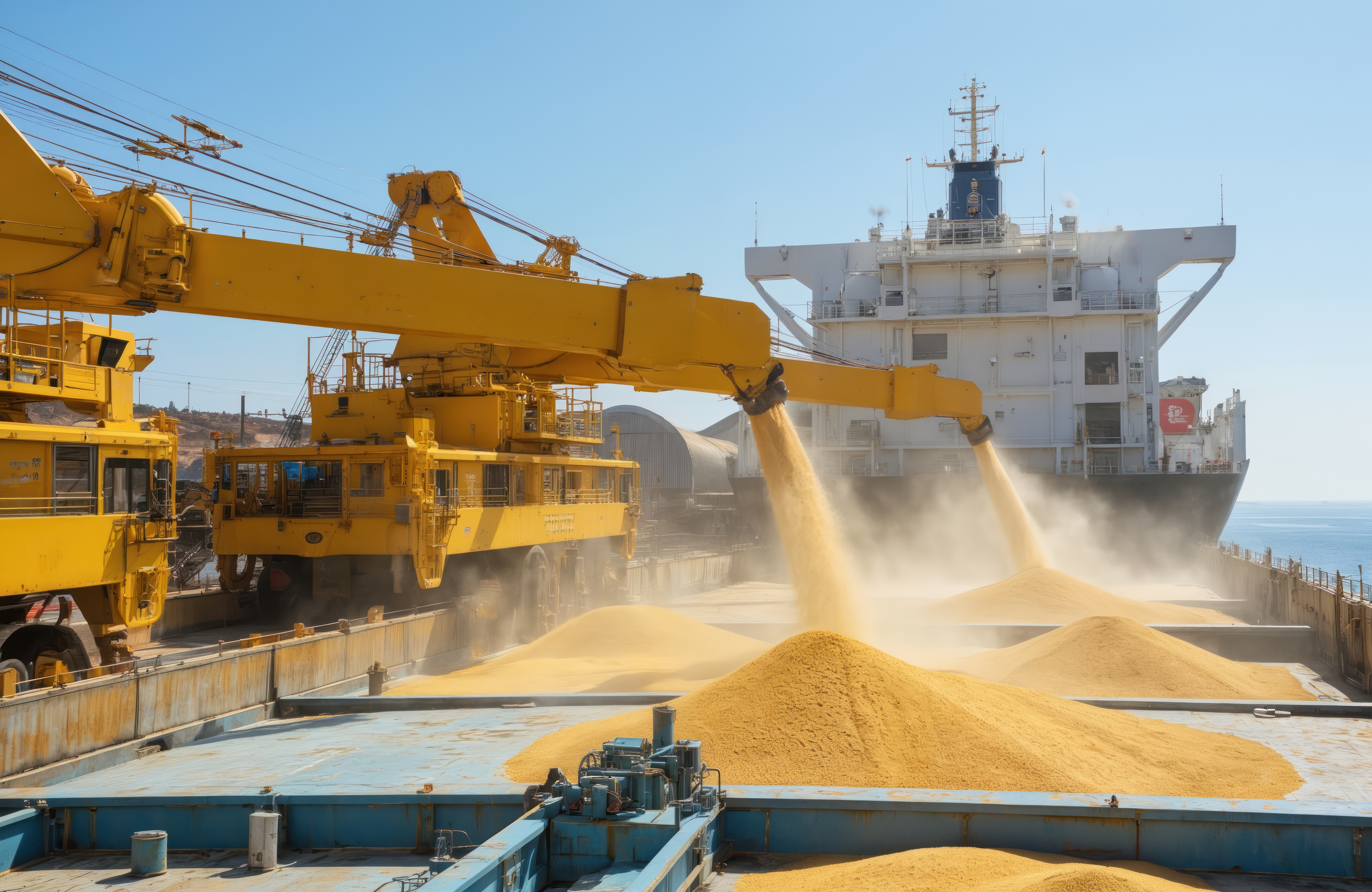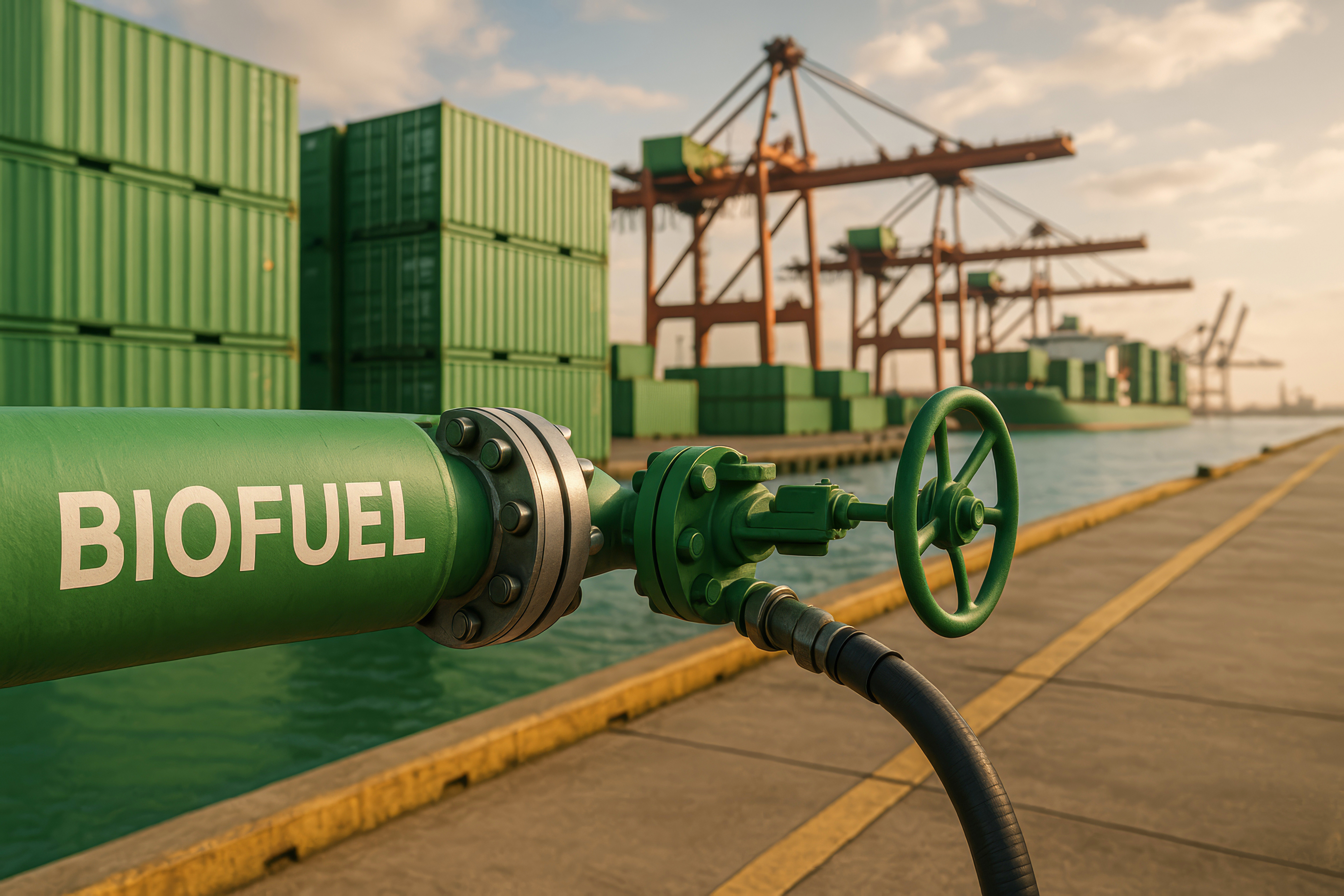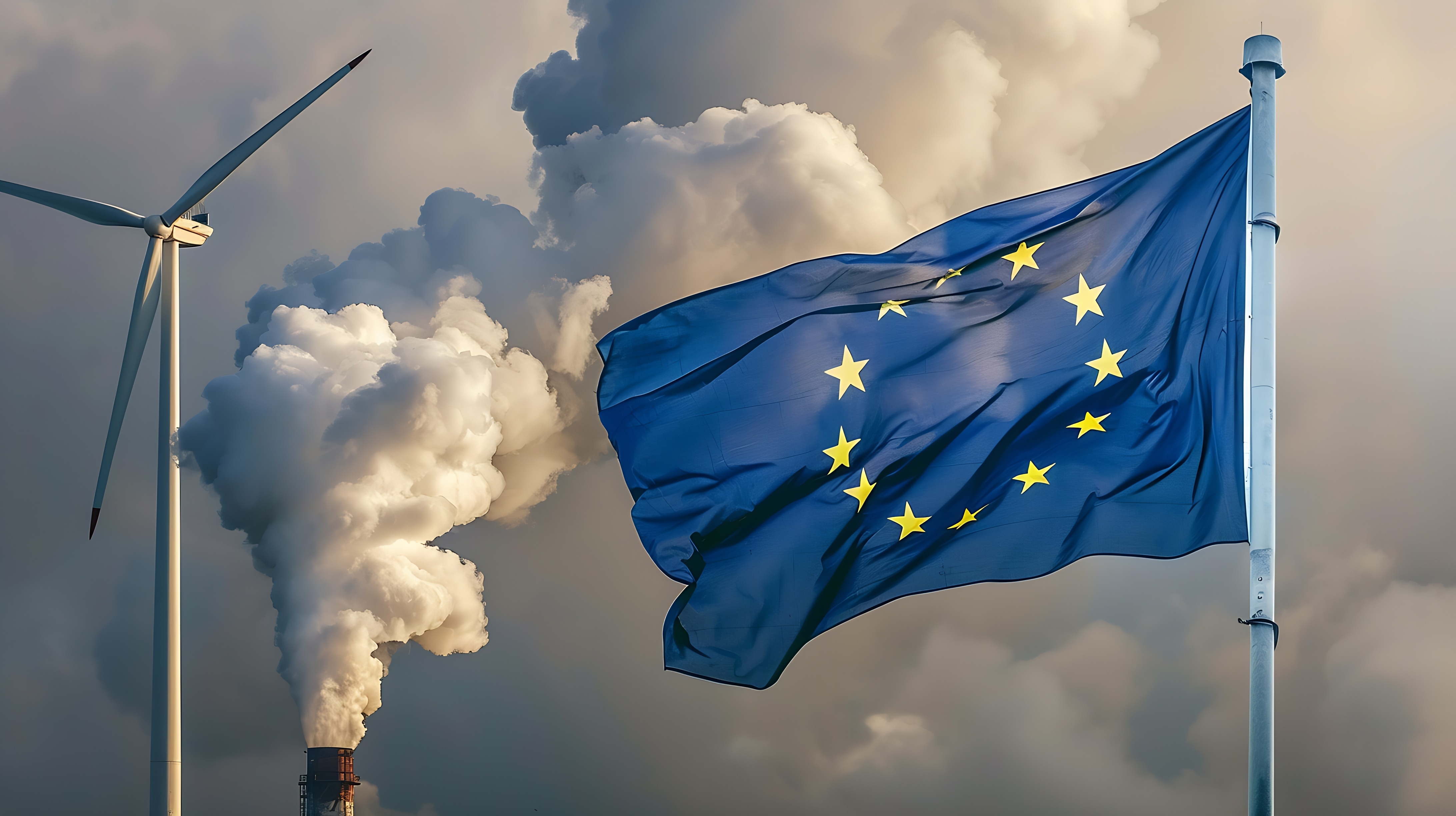ブラジルは、NORMAM-401/DPCに基づく厳格な船舶の海洋生物付着に関する規則を新たに導入しました。本規則は2025年6月に施行され、2026年2月からは違反に対する罰則も適用されます。対象となるのは全長24メートルを超える船舶で、生物付着管理計画(BFMP: Biofouling Management Plan)と記録簿(BFRB)の保持および、水中清掃を行う際には少なくとも10日前までに事前に当局の承認を得ることが義務付けられています。
IMOの「侵略的水生種の移動を最小限に抑えるための船体付着生物の制御と管理のための2023年ガイドライン(MEPC.378(80))」に準拠しており、有害な海洋生物の移動を最小限に抑えることを目的としています。運航者、船長、乗組員は規則の順守を徹底のうえ、地域ごとの要件について常に最新の情報を入手する必要があります。施行方法や罰則規定については、現時点では明確にされていません。
オーストラリアやニュージーランド、米国(カリフォルニア州)なども海洋生物付着規制を導入しており、海洋生態系の保護に向けた国際的な取り組みがますます広がっています。
Brazil
To support the global effort to prevent the spread of invasive aquatic species, Brazil has recently adopted robust new regulations on ship’s biofouling. These are outlined in Chapter 4 of the NORMAM-401/DPC (Brazilian maritime authority standards), which was amended via an ordinance and took effect on 17 June 2025, with full enforcement, including penalties, beginning on 1 February 2026. These regulations were detailed in a recent circular issued by our Brazilian correspondent Representações Proinde Ltda.
The updated Brazilian requirements are aligned with the 2023 IMO Biofouling Guidelines and (MEPC.378(80)), which aim to minimize the transfer of harmful marine organisms. All vessels over 24 metres operating in Brazilian waters or navigating between Brazil’s three biogeographic regions must now carry a Biofouling Management Plan (BFMP) and Biofouling Record Book (BFRB). Vessels are expected to maintain a hull fouling rating of 1 or below (indicating no visible macrofouling). If this threshold is exceeded, in-water or dry-dock cleaning must be conducted, and in-water cleaning operations require prior approval at least 10 days in advance.
Ship operators, masters, and crew members must be well-acquainted with the 2023 Biofouling Guidelines and ensure full compliance. This includes the complete implementation of a ship-specific Biofouling Management Plan (BFMP) and the regular maintenance of an up-to-date Biofouling Record Book (BFRB), which should detail all inspections, cleaning, and maintenance activities undertaken.
In addition, operators should remain vigilant of supplementary local requirements, such as those outlined in NORMAM-401/DPC. These include the need to secure prior authorization for hull cleaning operations within Brazilian waters.
At present, several uncertainties remain. The Brazilian maritime authority has yet to clarify how it intends to monitor and enforce compliance with biofouling rating thresholds across its vast coastline. Furthermore, details regarding potential penalties are unclear. When fines are issued, they will reportedly take into account not only the seriousness of the infraction and the vessel’s compliance history but also the economic capacity of the offending party.
Other regions
Internationally, the International Maritime Organization (IMO) provides non-binding guidance on biofouling management. Alongside MEPC.378(80), the IMO also released updated guidance on in-water cleaning (MEPC.1/Circ.918), further reinforcing best practices for the global maritime industry.
Australia introduced its own enforceable rules through the Biosecurity Amendment (Biofouling) Regulations 2021, with full implementation starting in December 2023. Ships entering Australian waters must declare their biofouling management measures via the MARS portal, demonstrating compliance through a valid BFMP, recent cleaning (within 30 days), or a government-approved alternative method.
New Zealand has had one of the earliest and strictest frameworks, in place since 2018 under the Craft Risk Management Standard (CRMS). Vessels must either arrive with a clean hull, limit their stay if biofouling is present, or undertake haul-out cleaning for extended stays. Further information and compliance guidelines are available from New Zealand’s Biosecurity agency.
In the United States, the state of California enforces its Marine Invasive Species Program (MISP), which applies to all vessels 300 GT or larger. Ships must comply with requirements to maintain a BFMP and BFRB, conduct regular hull cleanings, and submit the Annual Vessel Reporting Form (AVRF) to the California State Lands Commission. A concise summary of California’s biofouling policies is available here.
Beyond Brazil, IMO, Australia, New Zealand, and California, several other regions and port states are developing biofouling regulations or guidance and recommending BFMP, BFRB and regulating in-water hull cleaning. Together, these evolving regional frameworks underscore a growing global consensus on the need for proactive biofouling management to protect marine ecosystems.
See related video: inside Ship: Underwater diving in shipping





